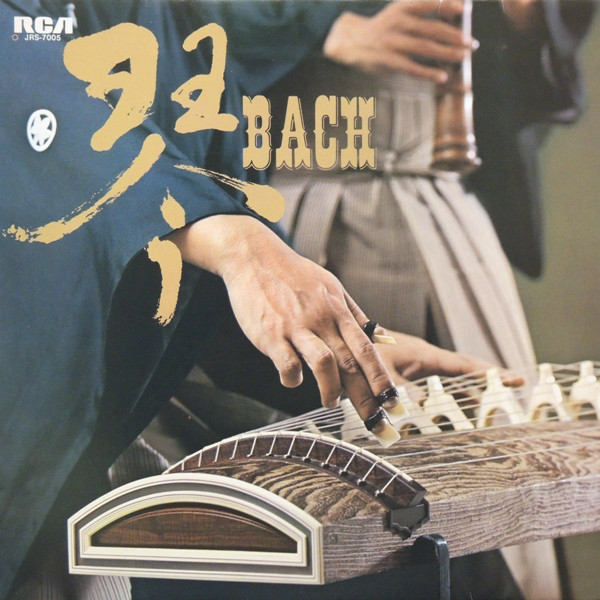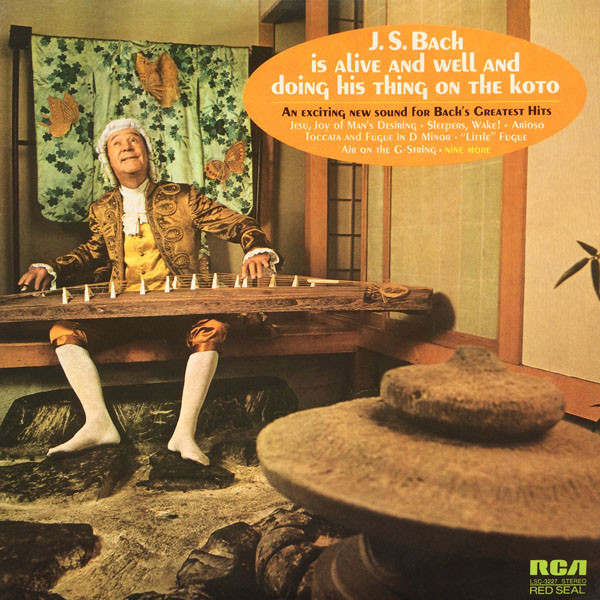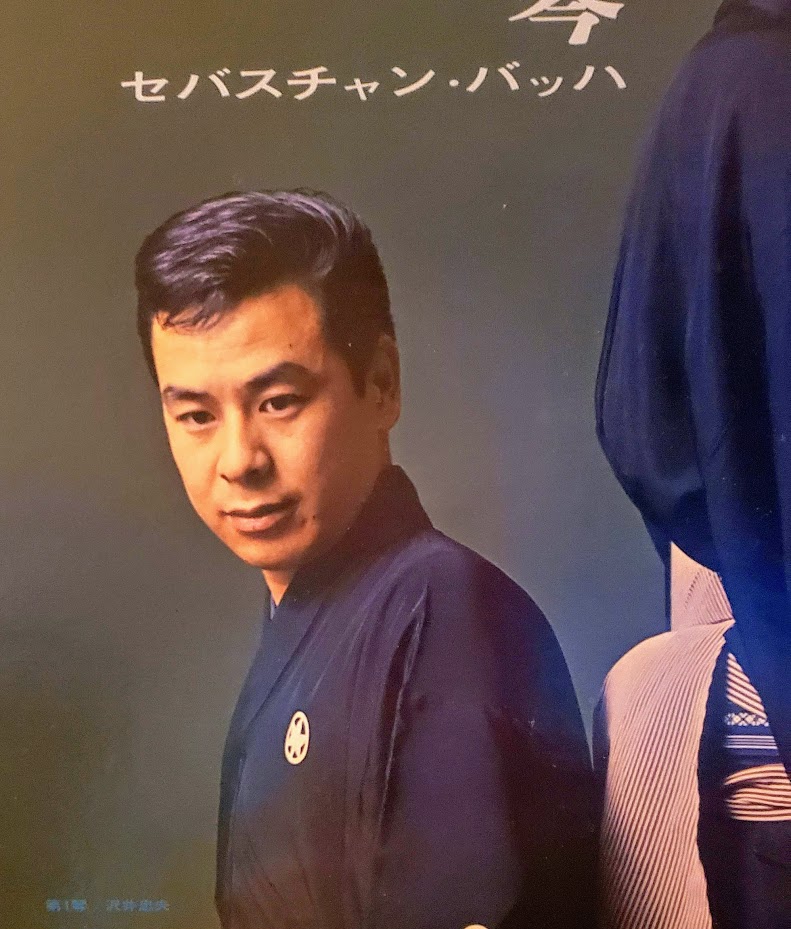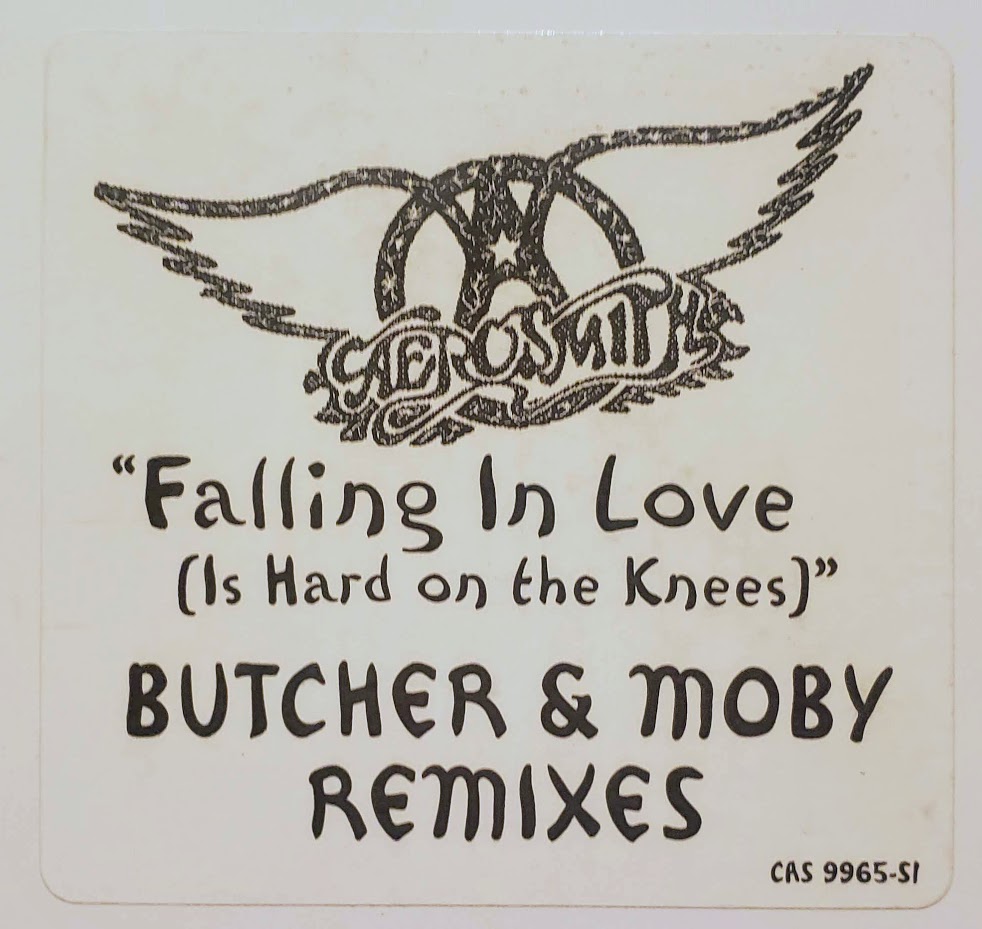I got to see Rise of the Skywalker this past Monday and thought it was just absolutely wonderful. It had some pacing and structure issues (so does Empire Strikes Back) but I loved how the movie blended the old with the new. I know it’s not the critical darling that The Last Jedi was, but I don’t care. It had a great story, fantastic character moments, and a terrific final scene. It was the first piece of any Star Wars media since Return of the Jedi that left me wanting immediately MORE Star Wars content. I’m back full-on Star Wars geek. If I had the room, I’d be buying stupid figures again. It inspired me to finally go through all the hurdles and download the “de-specialized” editions of the original trilogy so I can watch them again. It made me want to go back and watch the prequels even (well, maybe I’ll watch Attack of the Clones while doing some chores around the house). It pulled me back in.
There’s been a lot of negativity around this film and I’m still struggling to figure out why. It touched me in a way that no other film in the series had. I feel that a lot of the people who say they hate it can’t even express why. So much nitpicking tiny details, so many people demanding literally every single thing be answered and resolved in a way that matches their own head cannon. I don’t care about those things. I don’t overthink every tiny logistical and scientific detail of a Star Wars film (that’s what Star Trek is for). Yes, the movie is far from perfect, but most of its problems, pacing issues, seemingly random plot twists that don’t entirely hold up under scrutiny, deus ex machina force powers, sudden changes in character motivations, are in the other films too. I didn’t mind them then, I don’t understand why so many people mind them now.
I could keep going, but I already sound like a whiny defensive fanboy so I’ll finish by saying this; the movie made me happy. It hit all the nostalgic beats I wanted. It gave me new things to love. It reminded me why I love this franchise so much. I hope that it’s the sign of more greatness in future installments.
And if you want to comment about how much I’m wrong don’t fucking bother because this is my blog and I won’t approve them. If you have legitimate, interesting criticism of the film, I probably agree with you so there’s no need for you to share it here. If you want to whine about how “Ben Solo deserved better” or some other wanky bullshit, take your negativity to Twitter. That’s what everyone else does these days anyways.
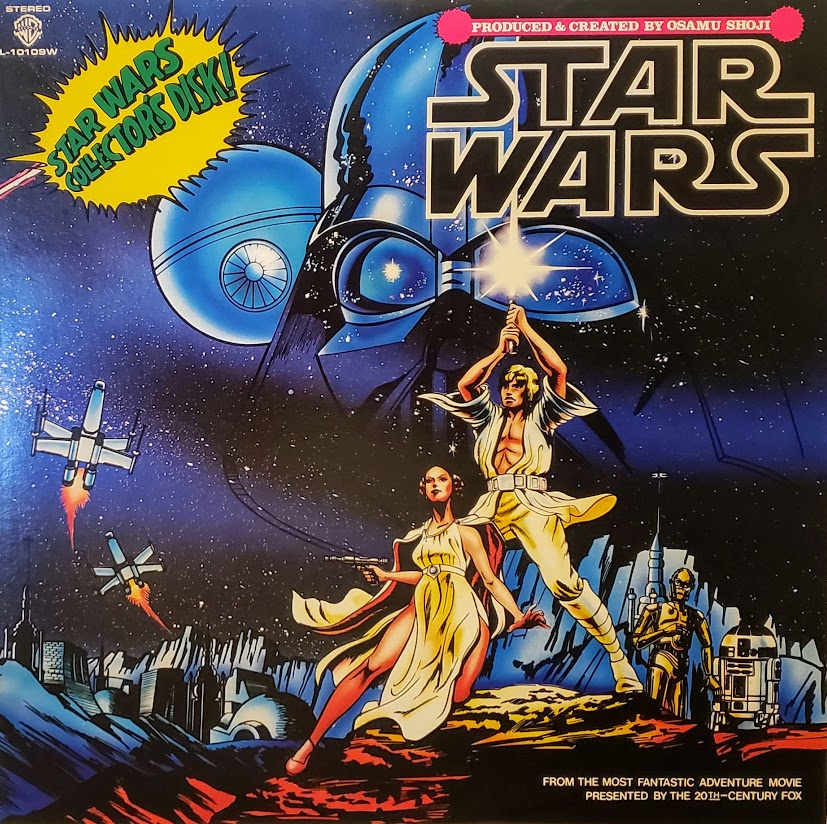
Osamu Shoji’s Star Wars (Complete Album Download)
Buy hey, Twitter isn’t all bad! Today Twitter user @keepingitpeel sent me a link to a blog post about an all-synthesizer Star Wars album, and he asked if I had it.
Of course I do. And I’m just fucking shocked and disappointed with myself that I somehow never got around to sharing it here. Starting off the new year by fixing that mistake right now.
Star Wars by Osamu Shoji was released in Japan only in 1978. It’s not the only synthesizer arrangement of music from Star Wars (hell, it’s not the only one from Japan that came out that year) but it’s my favorite by leaps and bounds, thanks to the wonderful work of Mr. Shoji.
I have probably written more about Osamu Shoji more than anyone else has in English. When he sadly passed away in 2018, I put up a obituary of sorts on my other blog. He was an utterly amazing talent that took the synthesizer sound to places that others simply hadn’t before. Wendy Carlos proved that synthesizer music could sound like actual music, she made it commercially viable. Shoji built on her work to show that synthesizers could be fun, exploiting sounds and styles that were impossible on traditional instruments. It’s electronic music fused with 70s funk and jazz sensibilities. His best stuff just has an indefinable bounce. It’s just groovy, man.
His sense of goofy fun definitely comes across in his renditions of music from Star Wars. Like I said, there were many electronic takes on the Star Wars theme in the years immediately following the release of the film. A lot of the lesser-known ones failed to catch on because they just didn’t do all that much with the source material. They tried too hard to recreate the sound and feel of the original without adding anything to it.
In America, the most famous reworking of the Star Wars theme has to be by Meco, whose disco version of the main theme was actually a number-one hit single when it first came out. But I feel that had a lot more to do with the combined crazes of disco and Star Wars than it did with the actual quality of Meco’s work. I like Meco (really) but his Star Wars theme is little more than the regular Star Wars theme with a disco beat and some added instrumentation layered upon it.
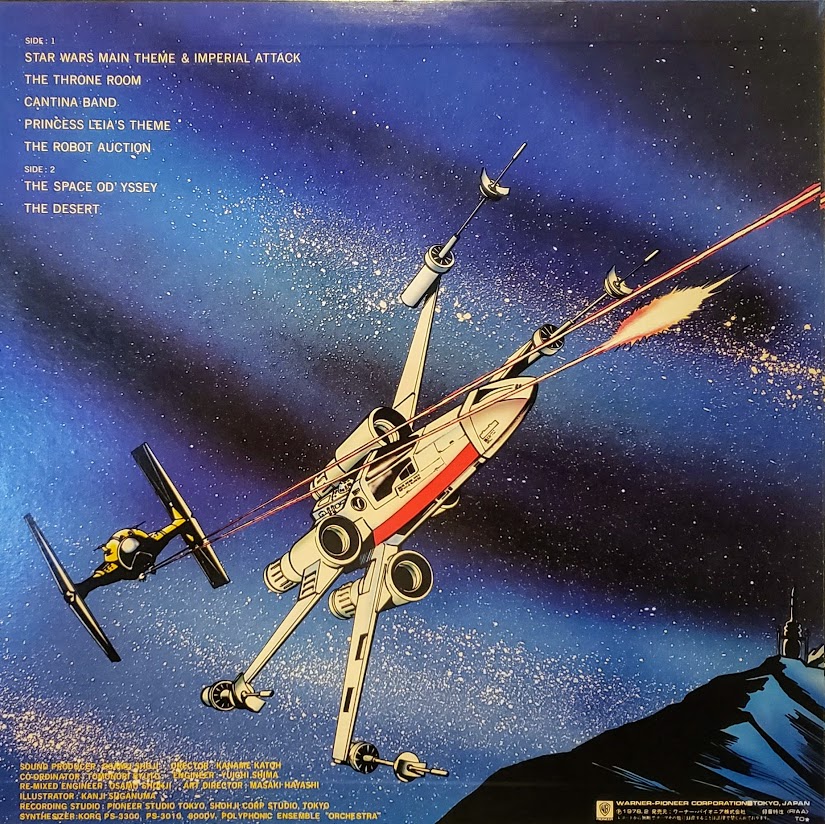
Shoji takes the Star Wars theme and just fucking goes, man. Robot laughter sounds? Sure why not. A wah-wah bass back-beat? Damn straight. A funky breakdown? You better believe it. Like a good jazz musician, Shoji throws in his own flourishes and touches to the theme, all while not deviating from it too much. It always sounds like the theme. He doesn’t let his ego get the best of him. He knows why people are here and delivers what they want. He diverges a bit more on “Throne Room” but the key moments are still there, weaving them in and out with his own elements. And that funky beat keeps the groove constant.
Shoji really lets himself go wild when he gets to the Cantina Band music though. First he plays it through in a relatively standard way, again he gives you what you want. Then, he breaks that motherfucker down and builds it back up again with a series of jams where he finally gives himself the chance to show-off. He’s pushing sounds of out his synthesizer that I just haven’t heard before. Total Emerson vibes here.
Side A of the album continues with two more pieces from Star Wars “Princess Leia’s Theme” and “The Robot Auction” that are also good. However, side B takes things in a different direction. Just like Meco did on his album, the second side of Shoji’s Star Wars album features original work by Shoji, not interpretations of music from the film. Of course, it doesn’t hold the attention like the Star Wars stuff does, but it’s still great. Shoji wasn’t just a musician, he was an extremely talented composer. He worked on countless anime during his lifetime. He also released several albums of original work (that are all super-fun).
The majority of Side B is dedicated to just one piece, the 20-minute “Space Odyssey.” As the title suggests, it’s an odyssey. It starts as a quiet, simple instrumental melody. From there, the synth strings segue in and things get downright sexy before a more eerie sound takes itself to the forefront for a pulsing, sci-fi influenced second half. The album concludes with “The Desert,” a brief coda that features Shoji at his most experimental, mixing ambient soundscapes, some elements of Williams’ score, and odd atonal bursts of noise. (It’s also the only part of the record where the surface noise is noticeable so I apologize about that).

I’m glad to see that this record is getting a bit more attention now. I hope that anyone interested in it checks out other work by Shoji. Like I said in my blog post about him, I highly recommend his album Night Flight, which also came out in 1978. It’s a fun, bright and upbeat record that isn’t afraid to get a little silly at times. It’s groovy as hell too.
Happy New Year’s everyone! May this be the year that we finally realize that we’re not alone and that we can make a different when we all come together against a common enemy.
Yeah, I really liked the ending to Rise of the Skywalker, is it that obvious?


